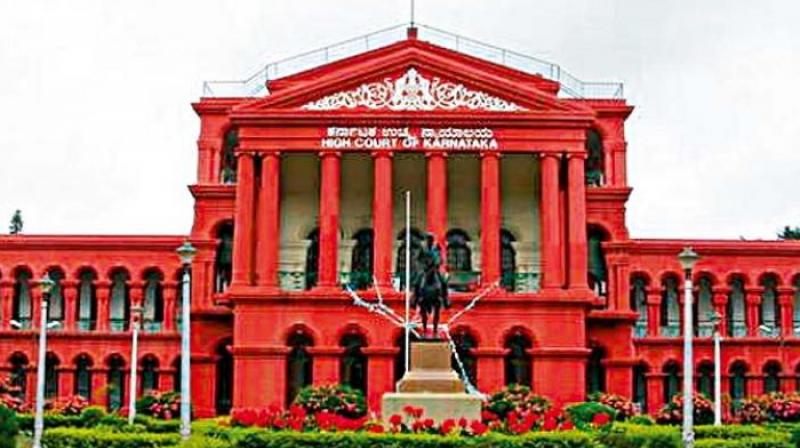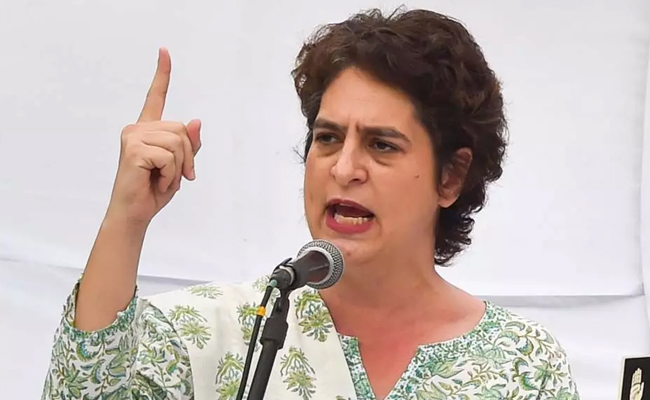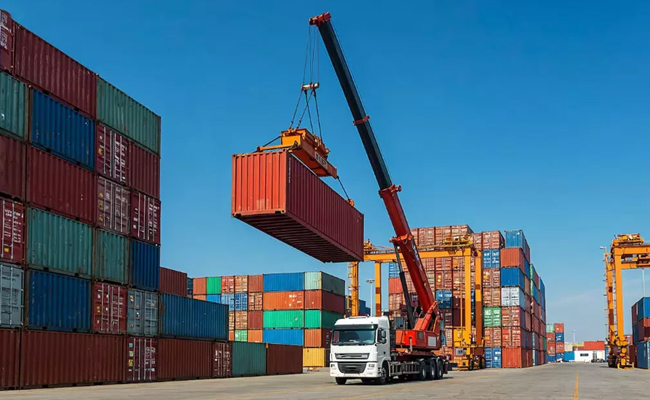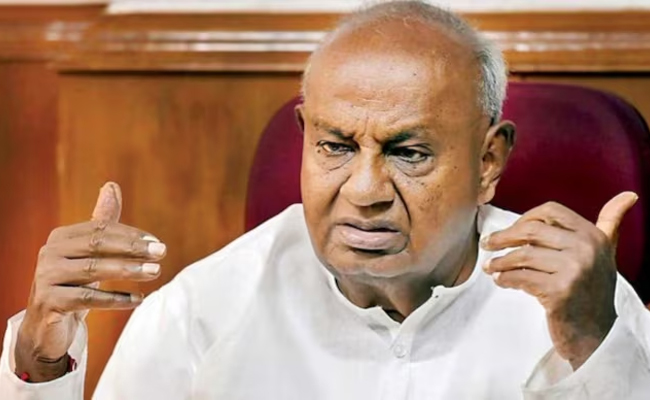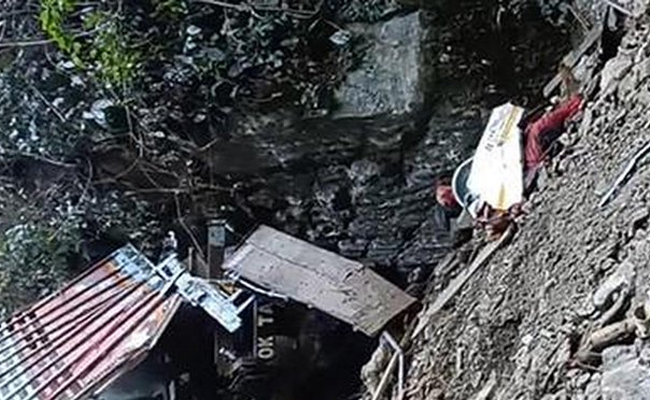Bengaluru, Aug 26: The High Court of Karnataka has dismissed a public interest litigation (PIL) filed by some residents of HBR Layout, Bengaluru, alleging that a residential property was being used for prayers.
The Division bench of Chief Justice Prasanna B Varale and Justice MGS Kamal dismissing the PIL recently said, "Inspite of our repeated queries the counsel was unable to show any such prohibition, prevention in the rules of law, prohibiting an occupant to utilise the residential place for offering prayer." .
The judgement copy is yet to be released by the Court.
ALSO READ: Requested Karnataka Guv, CM, DyCM not to take trouble of coming early to receive me: PM Modi
Sam P Philip, Krishna SK, Jagaeesan TP and five other residents of HBR Layout, had approached the Court against the Housing and Urban Development Department, BBMP and Masjid E-Ashrafit over the issue. Their petition was subsequently converted to a PIL.
It was contended that a residential area was being used as a prayer hall causing disturbance to the neighbours. The matter had reached the Court once before when the Masjid Trust had constructed a building without the approval of the BBMP.
The Court had directed that the building for a Madarasa could be constructed only after obtaining necessary sanction from the BBMP. The building was then constructed and being used as a Madarasa for poor children. The PIL was filed after the new building came up on the property.
While dismissing the PIL, the Court noted that the "Counsel for the petitioner was unable to show any such specific prohibition and repeated his submission that using the residential area for offering prayer as a masjid is violation of the rules. Further (he) repeatedly submitted that as there may be a large gathering of people, the petitioners and residents apprehend disturbance. These submissions neither stand reasons, logic or law.".
During the hearing of the PIL, the Court took strong exception to the submission made by the counsel for the petitioners that there was a risk posed by conducting prayers.
"We are not permitting such statements. This is something to which we have strong objections, you cannot make a statement so casually. You have no right to make such sweeping statements. One can only say that there is some violation of rules, please as the authorities. How can you say someone offering prayer is a threatening activity?” the Court cautioned.
Let the Truth be known. If you read VB and like VB, please be a VB Supporter and Help us deliver the Truth to one and all.
New Delhi (PTI): Congress leader Priyanka Gandhi Vadra on Monday slammed the government over its move to change the name of MGNREGA, asking what is the government's intention behind removing the name of Mahatma Gandhi who is the tallest leader not just in India but in the world.
A bill to repeal the MGNREGA and bring a new law for rural employment -- Viksit Bharat Guarantee for Rozgar and Ajeevika Mission (Gramin) (VB-G RAM G) Bill, 2025 -- is set to be introduced in the Lok Sabha. According to a copy of the bill, it seeks to introduce the VB-G RAM G Bill, 2025, in Parliament and repeal the Mahatma Gandhi National Rural Employment Guarantee Act (MGNREGA) of 2005.
Asked about the government's move, Priyanka Gandhi said, "Whenever the name of a scheme is changed there are so many changes that have to be made in offices, stationery... for which money is spent. So, what is the benefit, why it is being done?"
"Why is Mahatma Gandhi's name being removed. Mahatma Gandhi is considered the tallest leader not just in the country but in the world, so removing his name, I really don't understand what is the objective? What is their intention?" she told reporters in Parliament House complex.
ALSO READ: Ex-PM Devegowda warns opposition of electoral losses if they continue to allege 'vote chori'
"Even when we are debating it is on other issues not the real issues of the people. Time is being wasted, money is being wasted, they are disrupting themselves," Priyanka Gandhi added.
The bill aims at establishing a "rural development framework aligned with the national vision of Viksit Bharat 2047", by providing a statutory guarantee of 125 days of wage employment in every financial year to every rural household whose adult members volunteer to undertake unskilled manual work.
The bill has been listed in the Lok Sabha in the supplementary list of business issued on Monday.
Rural Development Minister Shivraj Singh Chouhan, in the statement of purpose of the Bill, said MGNREGA has provided guaranteed wage-employment to rural households over the past 20 years.
However, "further strengthening has become necessary in view of the significant socio-economic transformation witnessed in the rural landscape driven by widespread coverage of the social security interventions and saturation-oriented implementation of major government schemes", he said.

